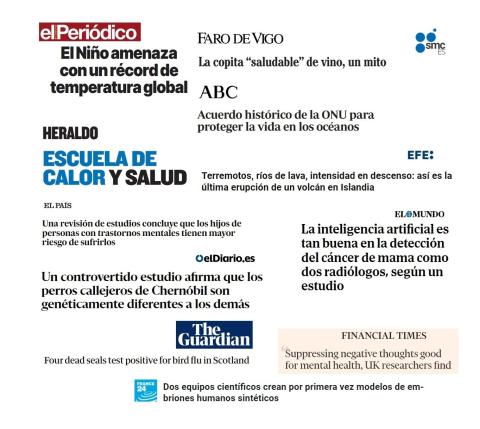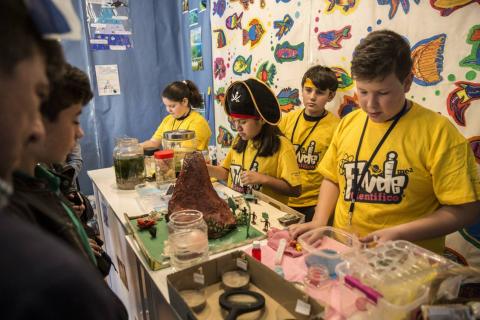1. The year of the semaglutide
In May 2024 , the anti-obesity drug Wegoby, with the same active ingredient as Ozempic (semaglutide) and marketed by the same company (the Danish company Novo Nordisk), but indicated for patients without diabetes, started to be sold in Spanish pharmacies. The most read content has been the reaction of Josefa García Barrado, from the University of Salamanca, who clarified doubts about this drug. We are not surprised. In 2023, the journal Science chose GLP-1 as the breakthrough of the year, and the news agenda is usually full of topics related to the treatment of obesity.
2. Was the Valencia drought related to climate change?
Within hours of the catastrophe, several experts explained the possible relationship between climate change and extreme events such as the drought that hit Valencia at the end of October. To answer this question we had to wait a few days (see number 9 of this ranking).
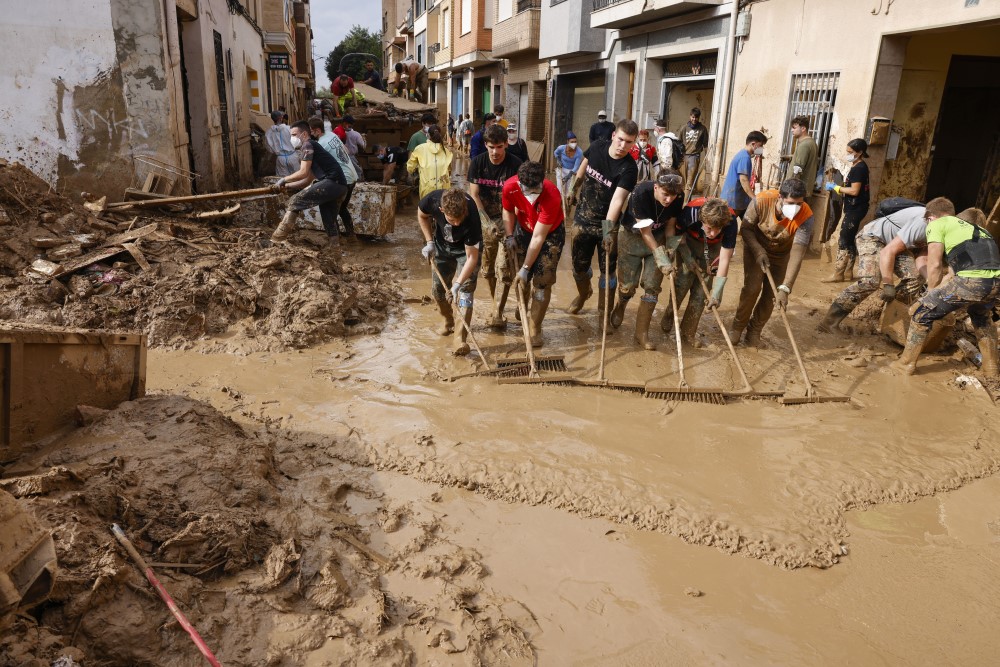
3. Coffee machine talk crucial in explaining autism
Most cases of autism have no known cause. However, a study led by IRB Barcelona and published in Nature discovered a key mechanism that affects the development of neurons. In December we organised a briefing with scientists Raúl Méndez and Xavier Salvatella and the study was widely covered in the media. We really liked what Méndez had to say: ‘It's a typical project that comes out of the coffee machine, out of multidisciplinary closeness while discussing experiments. It's a work that comes from the IRB's coffee machine’.
4. Medical cannabis
In April, the Ministry of Health launched the process to develop a Royal Decree on the medical use of cannabis. At SMC Spain we try to answer the main questions regarding the regulation of the medicinal use of this substance, such as: for what illnesses can cannabis be used, what does the scientific evidence say about its medical use, can these products cause a ‘high’ or dependence?
5. Public health in the face of dana
Expert voices have once again played a key role in understanding current issues. On this occasion, Manuel F. Herrera Artiles, vice-president of the Spanish Society of Public Health and Health Administration (SESPAS), analysed how the system would face the cascading challenges caused by the Valencia dana.
6. Mosquitoes eat us
In summer, health organisations warned about the spread in Europe of mosquito species that transmit diseases such as dengue fever. In Spain, the Centre for the Coordination of Health Alerts and Emergencies focused on West Nile virus and its vector, the common mosquito Culex pipiens, which are endemic in our territory. That is why we published this 'What we know ’ in which we answered questions about the diseases transmitted by these insects and the preventive measures we can take in the face of a phenomenon that is set to increase.
7. Our report on attacks on research staff
The study we have been working on all year, and which we published in December, slips into the top 10. More than half of the research staff who communicate about science in the media admit to being attacked. It is a problem that we like to have put on the table with data, together with the Gureiker research team of the University of the Basque Country. The media coverage has exceeded our expectations and encourages us to continue with this line of work. Spoiler: we will soon present a second study.
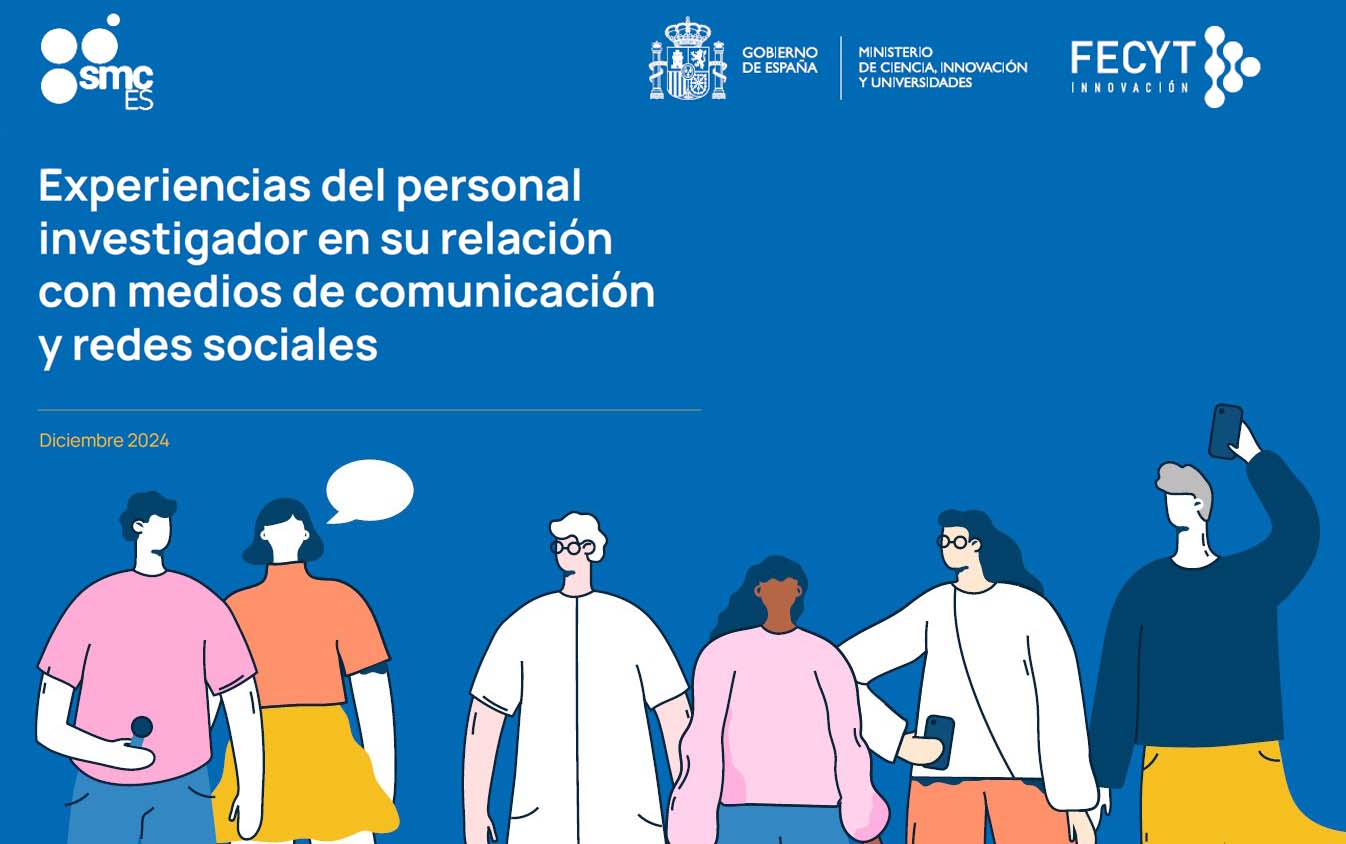
8. Europe approves controversial Alzheimer's drug
In November, the European Medicines Agency (EMA) decided to approve the marketing of the Alzheimer's drug Leqembi (lecanemab) after reassessing the evidence and concluding that the benefits outweighed the risks in certain types of patients. This came just four months after the same body had recommended against granting authorisation, to great uproar in the Alzheimer's medical and research community.
9. Yes, the Valencia drought had to do with climate change
Days after the drought, we were able to answer the question in point 2: a study by a team from the ClimaMeter project stated that the intensified rainfall that devastated Valencia and other regions on 29 October is mainly attributed to human-induced climate change.
10. Adrenaline through the nose to stop severe allergic reactions
In June, the EMA authorised the sale of Eurneffy (epinephrine), the first nasal medicine for emergency treatment of severe allergic reactions that can lead to life-threatening anaphylactic shock. Until now, treatment with epinephrine (adrenaline) has been by intramuscular injection into the thigh. ‘This is undoubtedly great news for patients suffering from these reactions, for allergists in particular and doctors in general,’ said Ignacio Jesús Dávila González, head of the Allergy Department at the University Hospital of Salamanca, because, as Victoria Cardona, his counterpart at the Vall d'Hebron University Hospital (Barcelona), added, “many patients are reluctant to use auto-injectors”.
And what's more... we get a Prismas!
It was a gloomy Saturday afternoon in October when the phone rang and that call made us happy for the weekend, the month and the year: we had won the Prismas Award in the new media category. On 16 November, in the City Hall of A Coruña, all the members of the Science Media Centre got together to collect this award given by the Scientific Museums of A Coruña, which is the most prestigious in our country in science communication. Yes, we know that this news is out of the top ten, but we don't care because we were very excited and we want to leave it among the milestones of 2024.
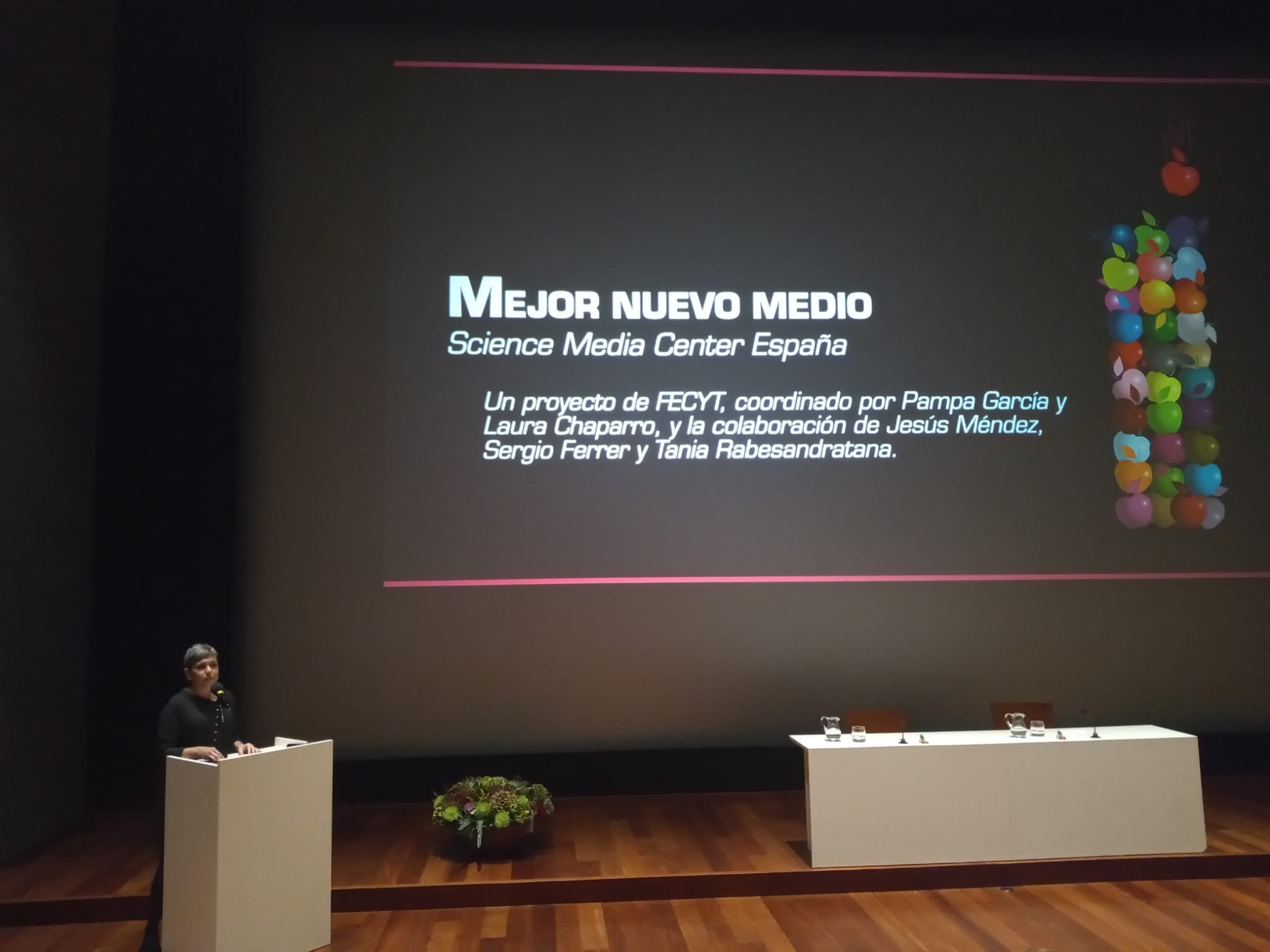
That concludes the list. Now, let's look forward to 2025, the International Year of Quantum Science and Technology, when there will be plenty more news to cover with scientific evidence and good journalism. Happy New Year!

